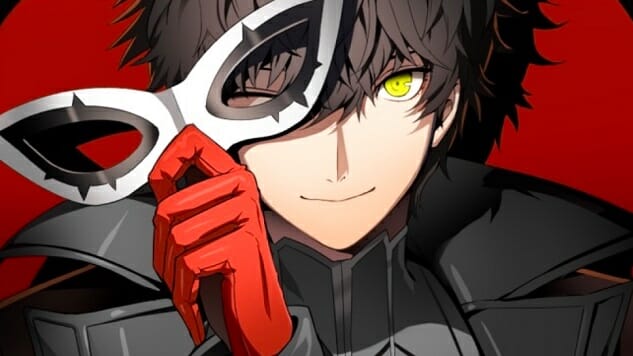5 Topics Persona 5’s Social Links Should Cover

The Persona series uses teenage coming-of-age stories to make points about growing up and learning who you are. Each Persona game tends to cover a particular theme in association with these series conventions. Persona 3 focuses on loneliness, grief, coping with mortality, and finding meaning in life. Persona 4 focuses on truth and the need to confront painful parts of yourself in order to grow. These themes are particularly evident in the series’ social links, optional relationships with fellow high school students or other characters in the games. You “level up” these social links over the course of various vignettes that tell the story of your deepening relationship with the other person, and how this relationship helps both of you grow.
Persona 5 will reportedly feature a darker tone than previous entries, and will focus on feelings of existential imprisonment, leading a double life, and the need to “emancipate” your true self. With these themes in mind, here are five topics we think Persona 5’s new social links should comment on. Each of these topics would move the series’s ongoing message about creating the self and coming-of-age forward in a meaningful way while remaining true to the format we’ve come to know and love.
1. Abusive relationships
Although relationships in Persona games are often dysfunctional, they are rarely outright abusive. Both Persona 3’s Mitsuru and Persona 4’s Yukiko’s character arcs involved feeling trapped in roles their loved ones chose for them. However, by the end of each arc, Mitsuru and Yukiko come to appreciate the value of their familial positions, and embrace the paths set out for them in their own ways.
Unfortunately, not all relationships are so tidily resolved. It’d be interesting to see a social link involving a character in a toxic relationship. Instead of reconciling with the part of themselves that needs the relationship, this character could reject it, gaining new independence and self-respect in the process.
By featuring a character who self-actualizes by successfully recovering from an irredeemable relationship, Persona 5 could make an inspiring statement about abuse and recovery.
2. Feeling like an outcast
Persona is a high school drama, so popularity is important. The characters of Persona games often define themselves in relation to their peers. Many of the previous protagonists, such as Yukiko, Chie, Shinjiro or Kanji feel trapped by the perception others have of them.
This social link could focus on a character who either chooses or is forced to feel isolated from their peers. One of Persona 5’s protagonists is Anne Takamaki, whose American heritage sets her apart. While we usually see how characters struggle to find themselves by fitting in, we could get to know Anne by seeing how she stands out, and how standing out affects the way she feels about herself. It would be refreshing if Anne’s arc could culminate in her realization that she likes the parts of herself that don’t fit in, and she doesn’t want to change.




